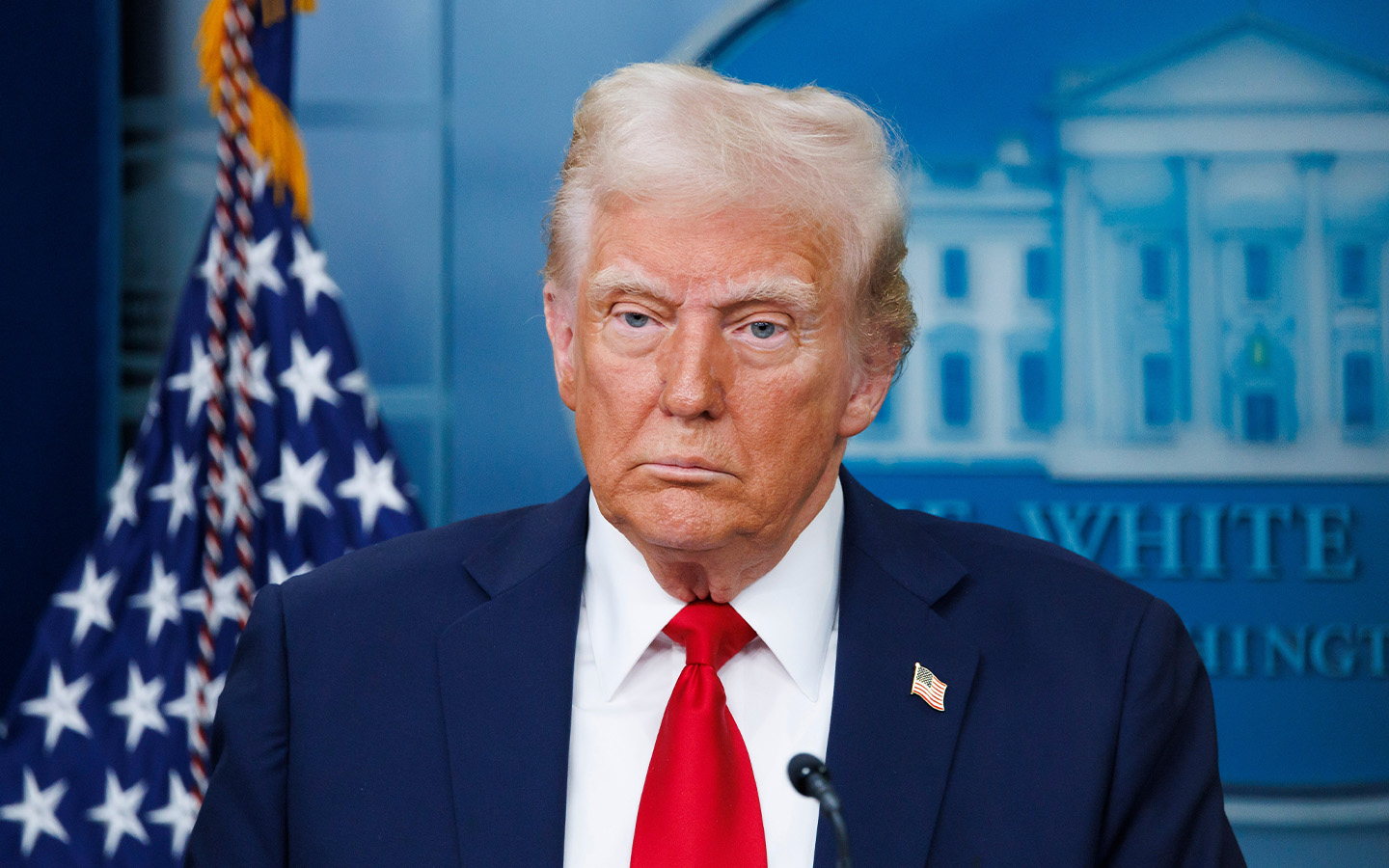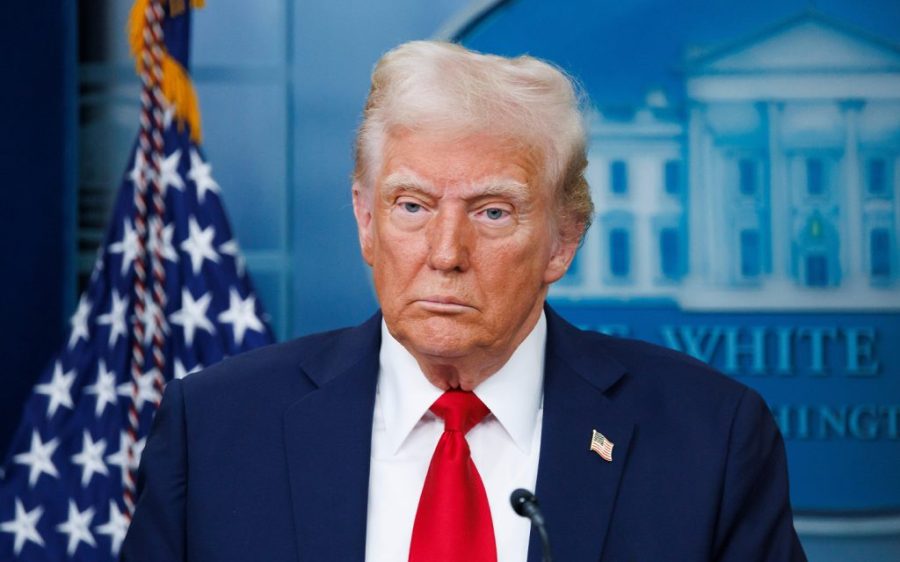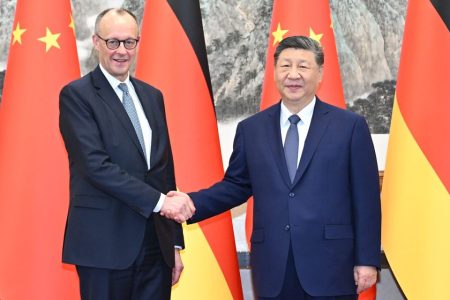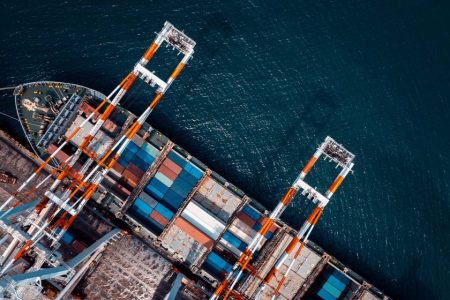US President Donald Trump imposed an additional tariff rate of 34 percent on goods imported from China as part of his “Liberation Day” announcement on Wednesday, multiple media outlets have reported. He also announced a baseline tariff on all imports of at least 10 percent.
This means Chinese goods now face a cumulative rate of 54 percent, as they had already been subject to a rate of 20 percent, a White House official confirmed to Bloomberg. The new rate kicks in on 9 April.
Wednesday’s biggest hikes were saved for Lesotho, Cambodia, Lao and Vietnam – which received rates of 50 percent, 49 percent and 48 percent, respectively. The island of Taiwan, India, Japan and the European Union face respective new rates of 32 percent, 26 percent, 24 percent and 20 percent.
[See more: US puts dozens more Chinese firms on its technology blacklist]
In the White House Rose Garden on Wednesday, Trump described the countries, regions and trade blocs slammed with hefty “reciprocal tariffs” as the “worst offenders” when it came to unfair trade policies, and accused them of having “looted, pillaged, raped and plundered” the US.
Neither Canada nor Mexico – two of the US’ closest trade partners – saw tariff increases, though recent orders raising rates on some goods to 25 percent would remain in effect.
Trump invoked the International Emergency Economic Powers Act of 1977 (IEEPA) to impose the sweeping tariffs, declaring a “national emergency,” according to a White House Fact Sheet published 2 April.
[See more: China retaliates to new Trump tariffs, targeting agricultural products]
“[Trump] declared that foreign trade and economic practices have created a national emergency, and his order imposes responsive tariffs to strengthen the international economic position of the United States and protect American workers,” it read.
The sheet also specified that certain goods, including copper, pharmaceuticals, semiconductors and steel or aluminium auto parts, would not be subject to the reciprocal tariff rates.
The BBC described Trump’s latest move as breaking with decades of American policy embracing free trade. It also noted that analysts believe what are about to be the highest tariff rates in the industrialised world will likely lead to higher prices in the US, along with slower growth in the US and around the world.






